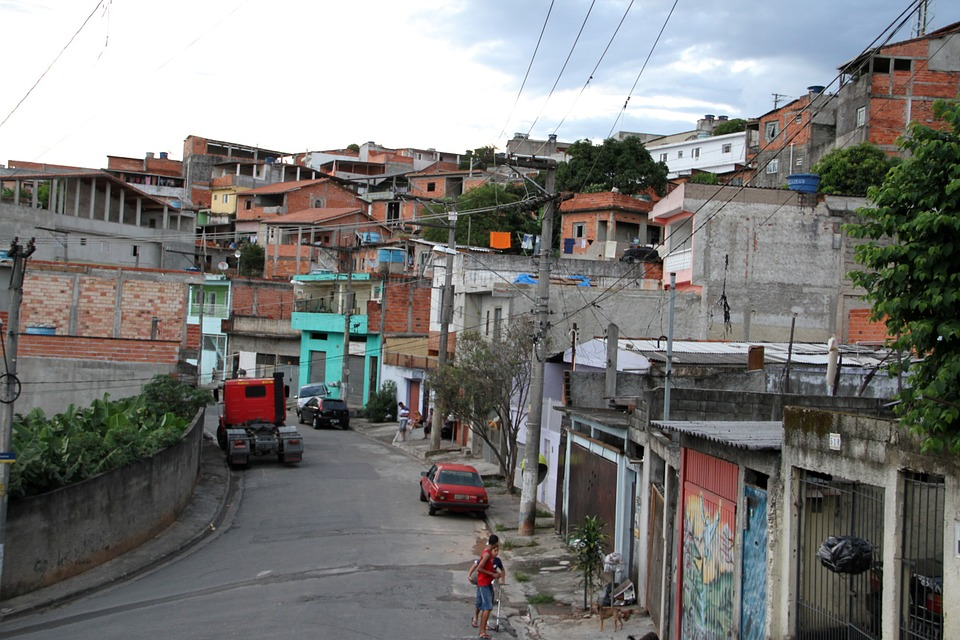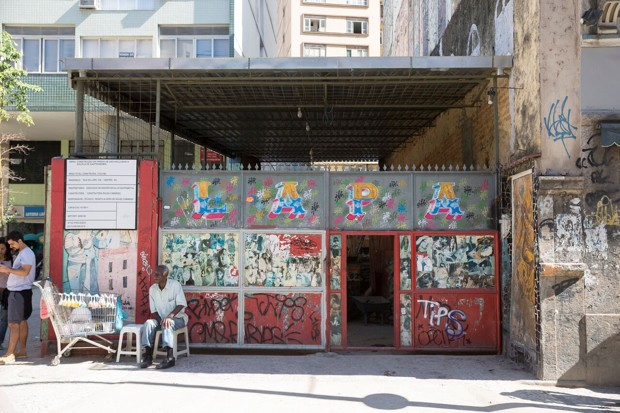Famous Chefs Find Innovative Opportunities for Social Impact at the Rio Olympics

Countries all over the world compete to be chosen as host cities for the Olympic Games, the reason? The Olympic Games generate positive social and economic impact. As a symbol for unity and national pride the Olympic Games bring citizens together while encouraging investments in transportation, infrastructure, and the job market.
This provides an excellent opportunity for Brazil to prosper from the upcoming summer Olympic Games being held in Rio De Janeiro. Rio, a city currently struggling with issues including violence, a virus outbreak, and polluted waters, can find innovative ways to use the Olympics to solve current challenges within the city. Here’s one way they are bracing for impact, with help from a few famous chefs:
Celebrity chefs are planning to cut down on food waste while feeding favelas in Brazil during the Olympic Games.
Wait, tell me more about favelas.
Ok, favelas are poor communities in Brazil with houses made from scrap materials such as wood and metal sheeting that often do not have services such as sanitation, water, or electricity. You might be more familiar with terms such as “shantytowns” or “slums” and it’s been stated that around 22% of Rio's population live in these communities.
So what’s the plan?
Celebrity chefs are planning on salvaging food waste from the Olympic Village catering services beginning August 9, a project lead by chefs and activists Massimo Bottura and David Hertz. Meals will be cooked, free of charge, for needy residents of the Lapa neighborhood, a favela in Rio. Organizers have spent the last month rehabilitating an empty storefront to be used for the project which after the Games will serve as an ongoing community hub with food-related programming and cooking classes.

The empty storefront which will become the community food hub. Source: How the Olympic Village Will Feed Favelas, Citylab.com.
But how much food is going to be produced at the Games?
A lot! With a kitchen the size of two football fields and a cohort of hungry athletes to feed, the Olympic Food and Beverage Team estimates it will cook 60,000 meals a day. The chefs forecast they will be able to recover 12 tons of kitchen scraps and aim to use what would otherwise be discarded as food waste, to prepare 100 dinners each night through the Olympic Games.
With food waste a huge challenge in the country (35% of produce is trashed even before it reaches tables in Brazil and even more is discarded afterwards) this movement is an exciting opportunity for social and environmental good, and may even initiate a shift in the landscape of food waste in Brazil.
So it won’t be just athletes winning in Rio this summer; helping the environment by limiting food waste, feeding hungry and low income communities, and pushing for long term social change makes this project a win-win-win. Hats off to the chefs.
